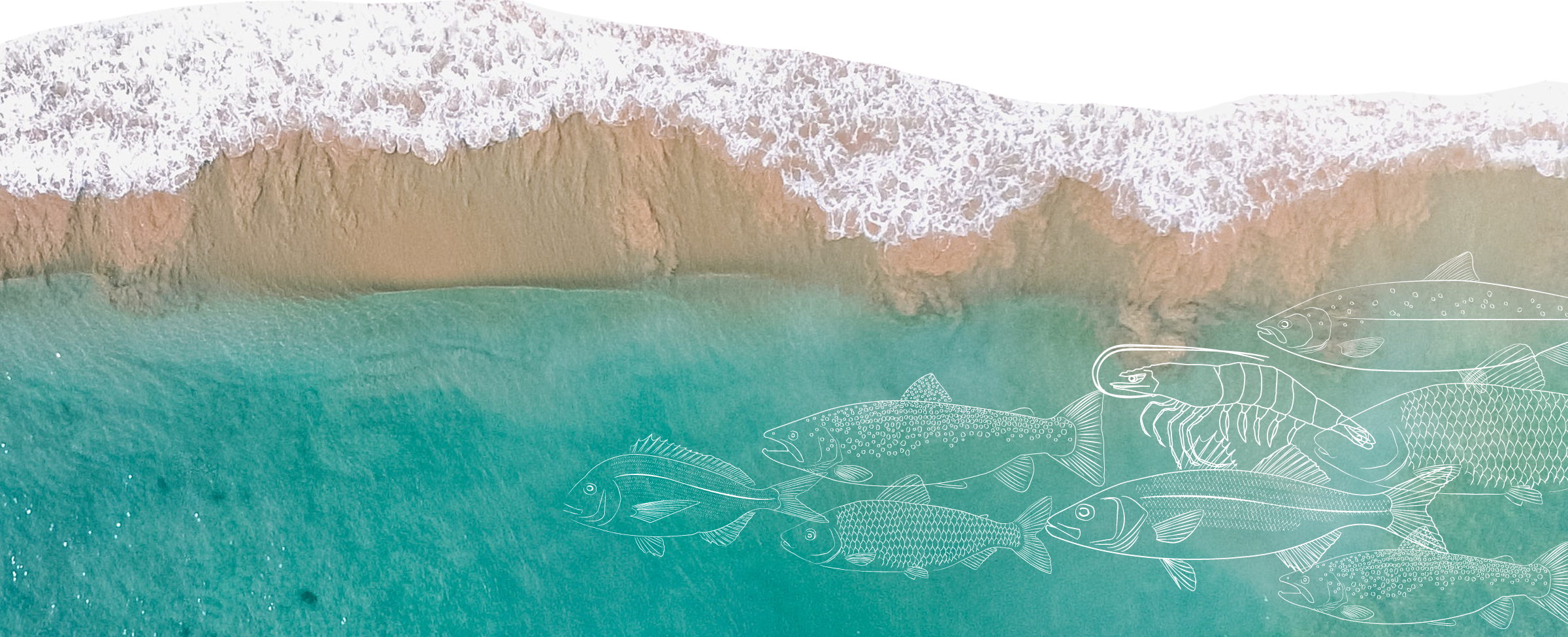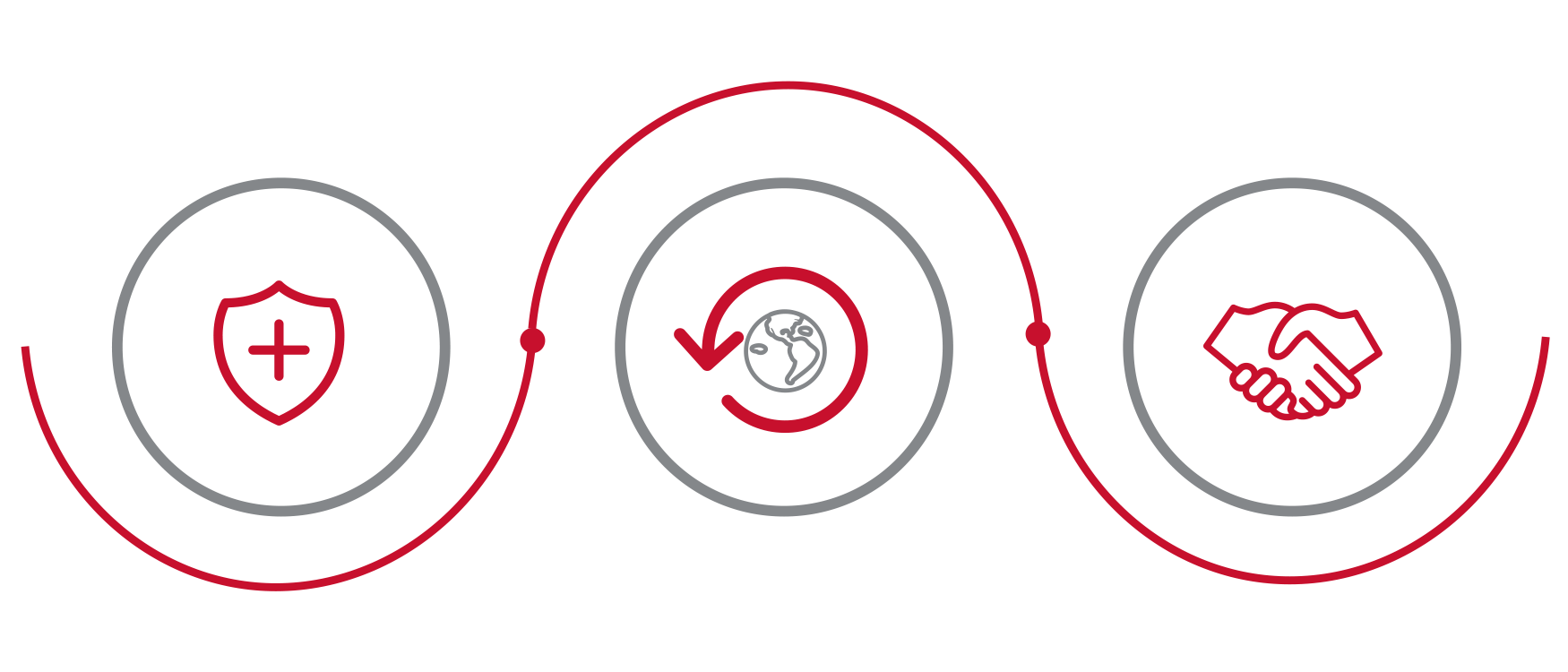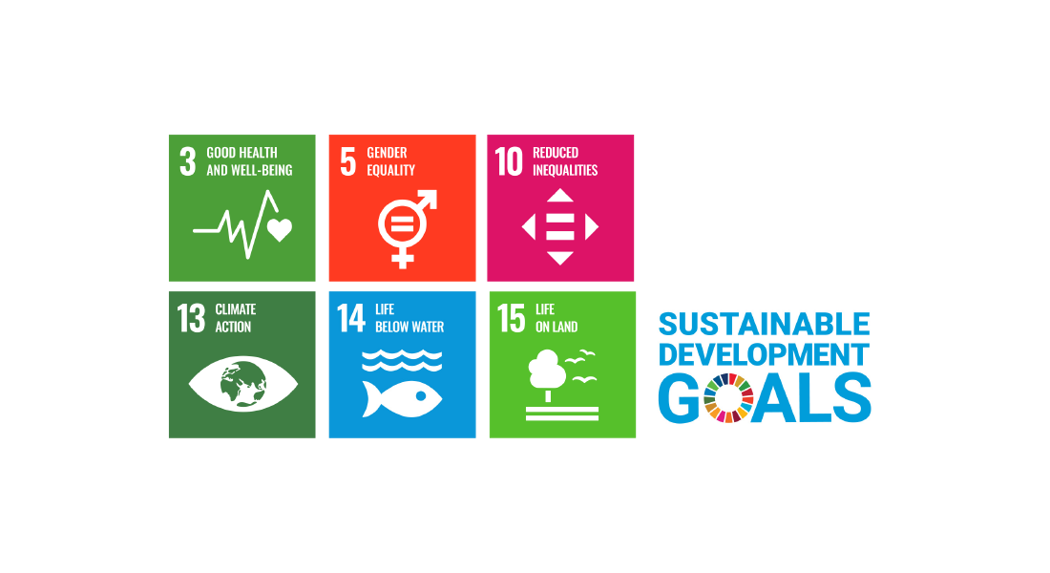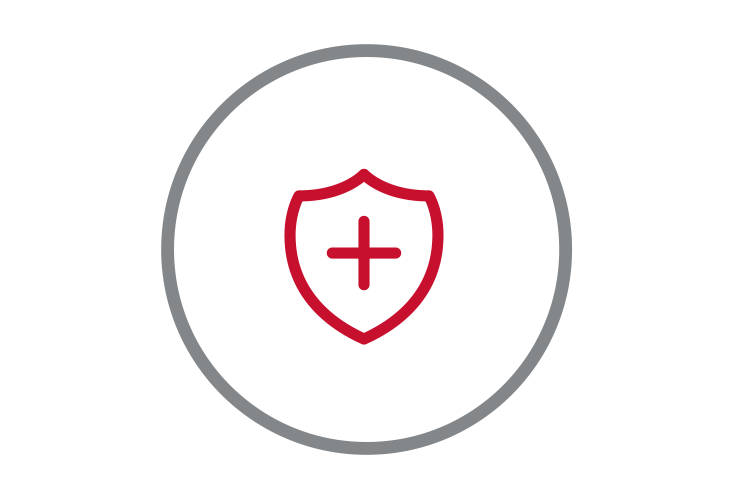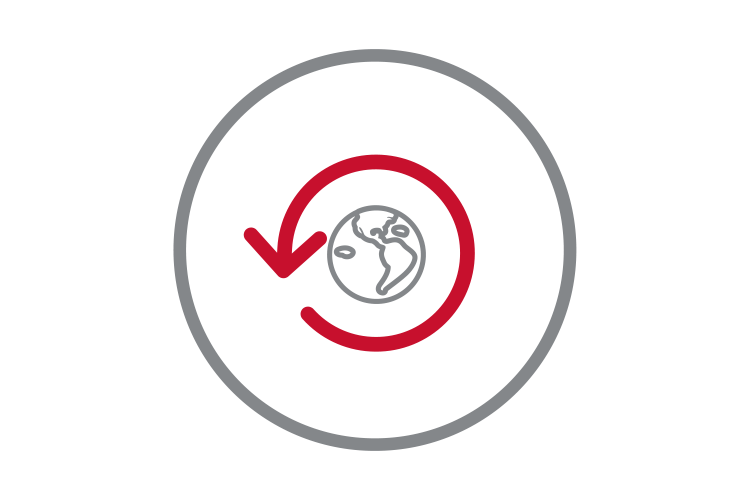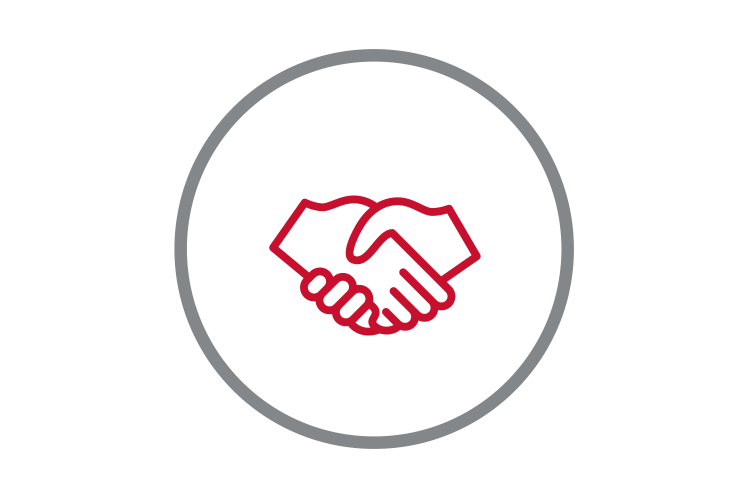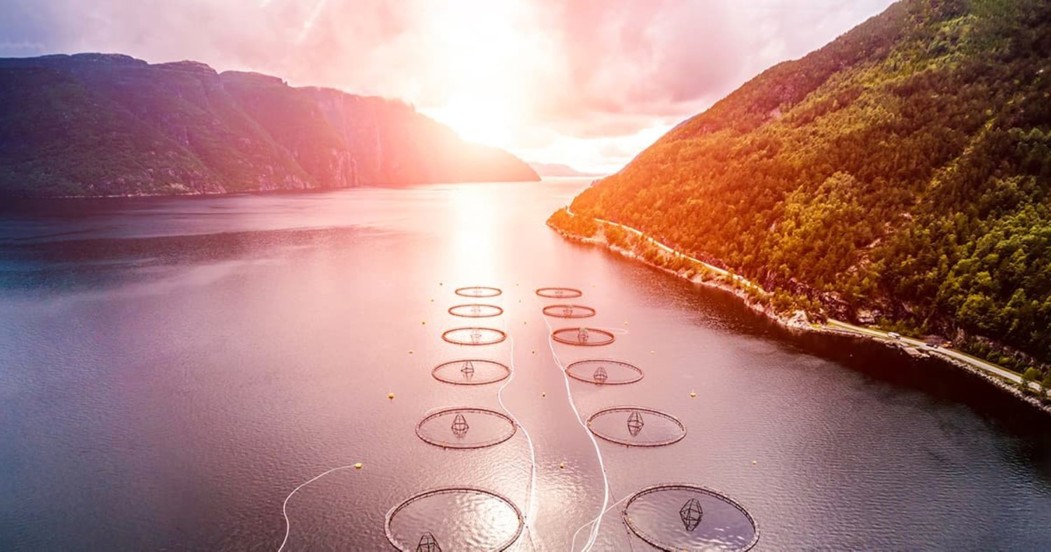Health and Wellness
Health and wellbeing are at the heart of everything we do as a company, it's an area where we can make a big difference, in partnership with our customers and other stakeholders in the value chain. Helping to ensure that animals are raised with optimal nutrition and good welfare is essential to achieving our purpose of "Feeding the Future" and can even have a significant impact on human health. We are committed to stepping up and taking responsibility for our position in the value chain by providing nutritional solutions that enable protein producers to reduce their reliance on antibiotic use.
